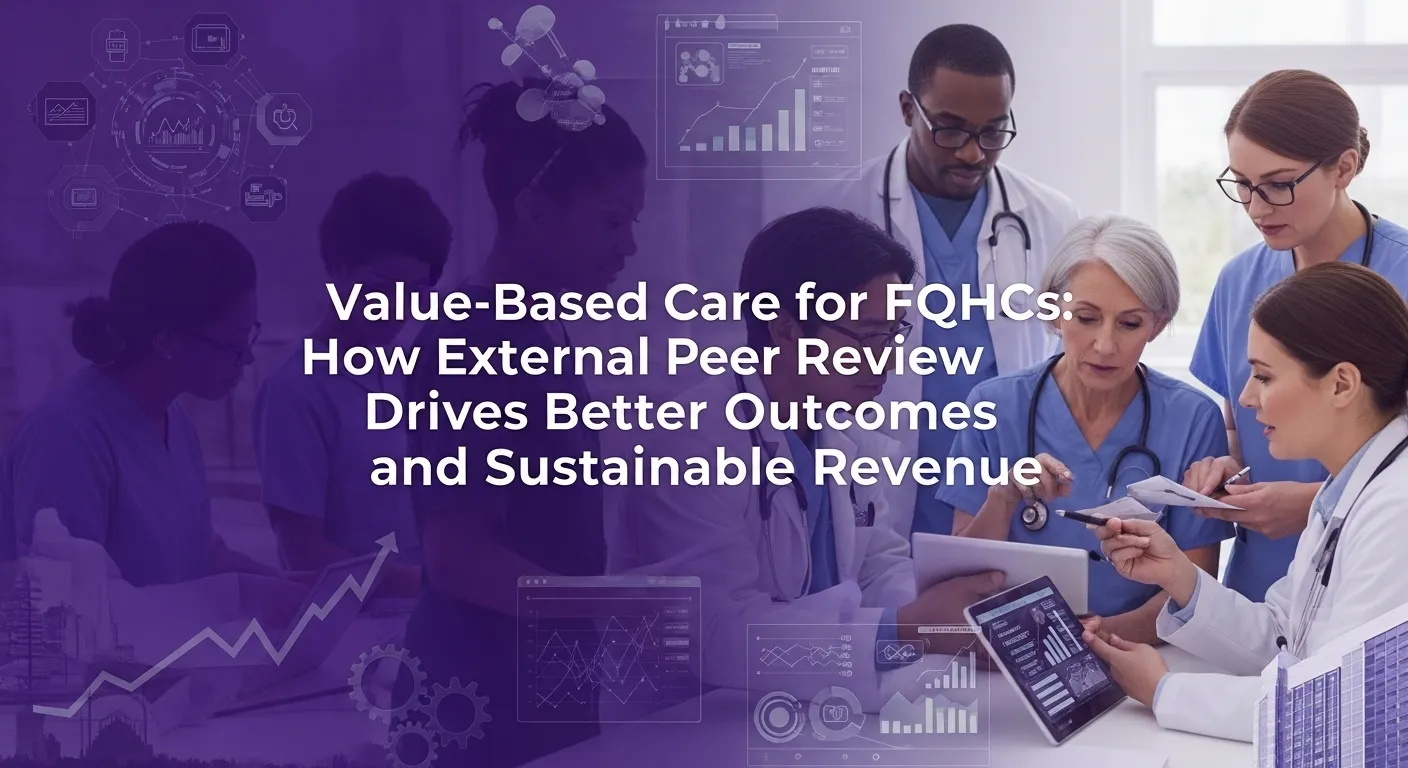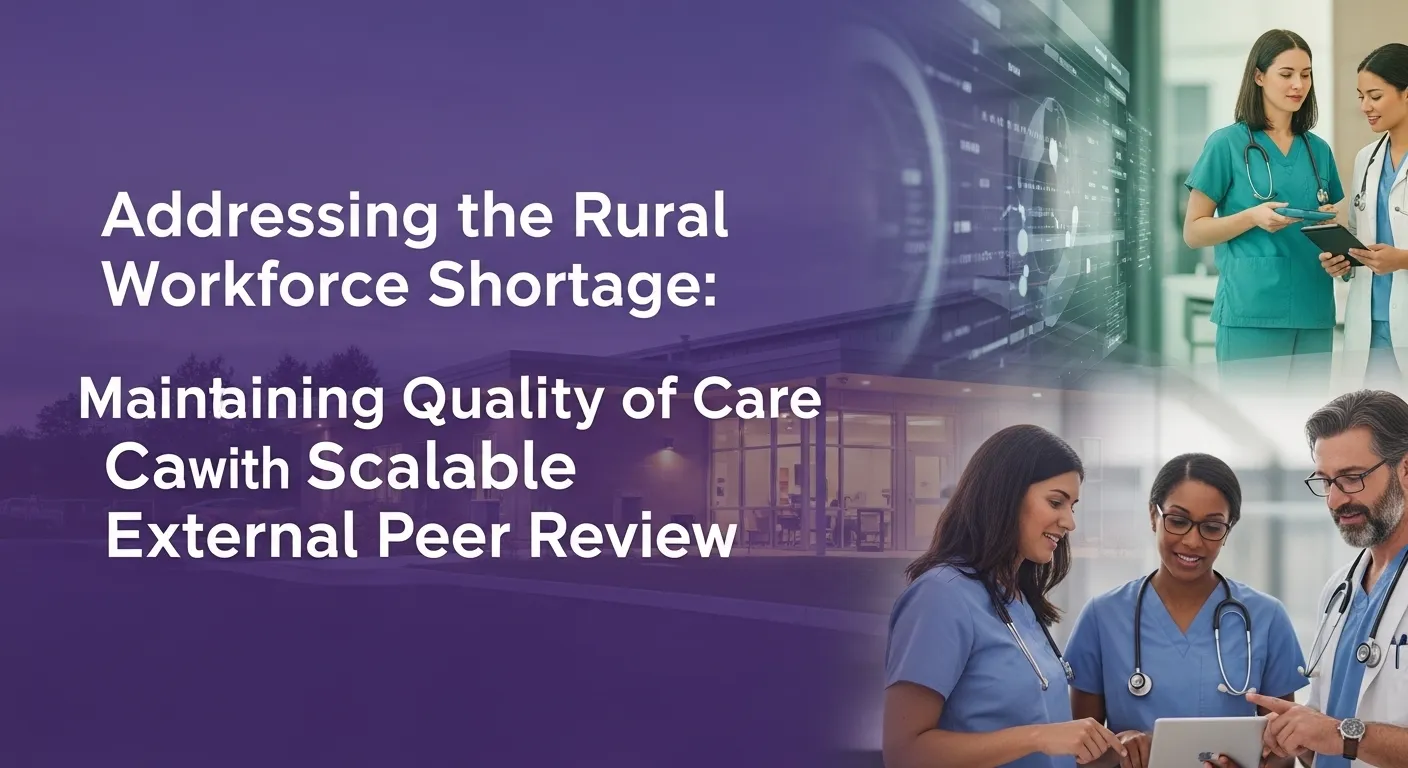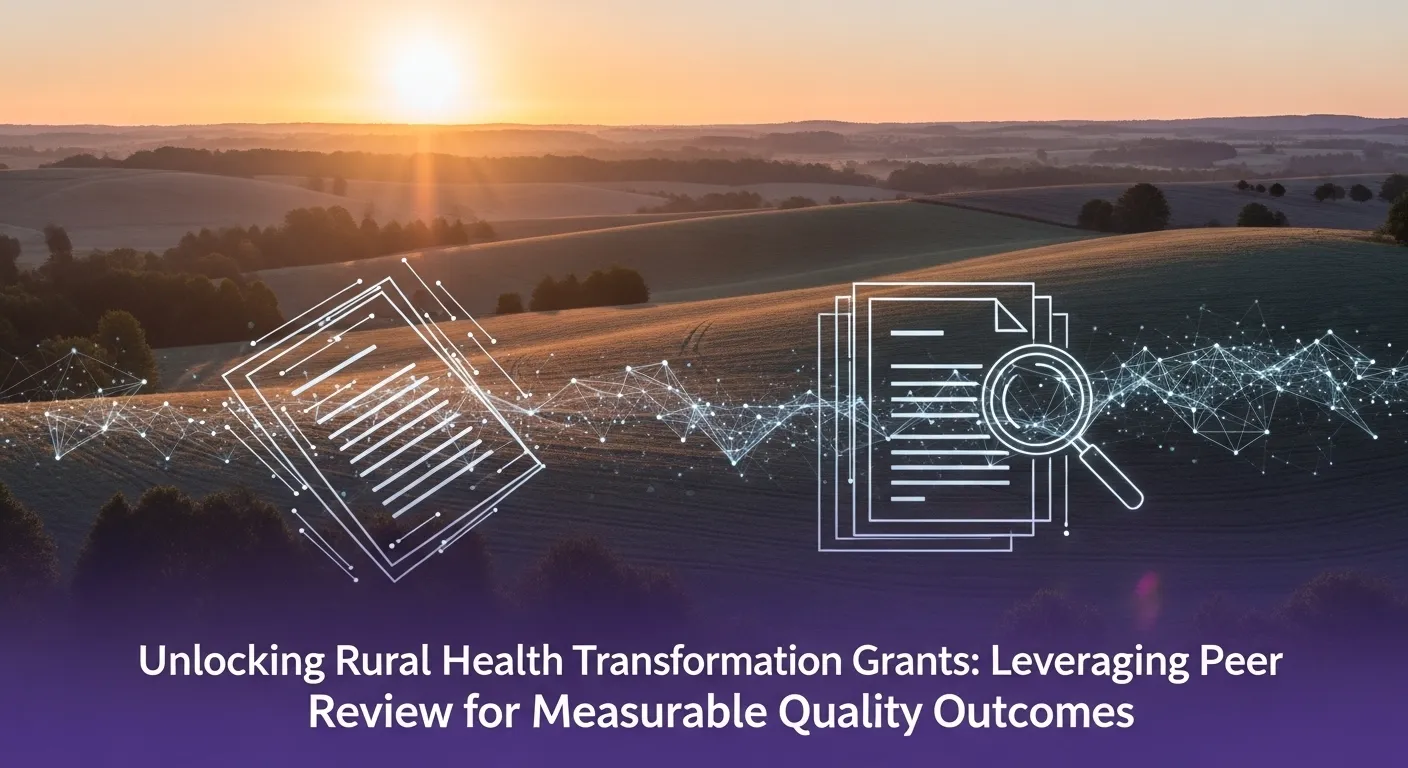
Table of Contents

Defense Law Insights
Medical Defense Law firms protect providers and healthcare orgs. Here are top insights from Medplace's discussions with defense-affiliated thought-leaders.
First, Matthew Keris, a defense lawyer specializing in artificial intelligence, explains the risk of using AI in healthcare when the product's vendor distances themselves from providers during a claim. The editor-in-chief of Insurance Thought Leadership, Paul Carroll, sheds light on how the volume afforded by AI risk detection can backfire, resulting in many false positives if not managed efficiently. Next, Denise Atwood of District Medical Group offers risk managers advice in dealing with risk disclosure forms following an adverse event. Scott Buchholz, a California defense attorney, calls providers to action to improve healthcare risk management in the wake of AB 35. Finally, Amy Hanegan of Better Witnesses explains how to better equip testifying physicians to persuade juries.

Value-Based Care for FQHCs: How External Peer Review Drives Better Outcomes and Sustainable Revenue
Medplace external peer review helps FQHCs thrive in value-based care. Gain objective insights, cut compliance risk, reduce admin burden, and boost quality, provider satisfaction, & revenue.
.png)
.png)

Addressing the Rural Workforce Shortage: Maintaining Quality of Care with Scalable External Peer Review
Combat rural healthcare shortages and maintain quality with scalable external peer review. Medplace offers objective, specialty-matched reviews, reducing burden and ensuring compliance.
.png)
.png)

Unlocking Rural Health Transformation Grants: Leveraging Peer Review for Measurable Quality Outcomes
Medplace's external peer review transforms rural health grant applications. Objective, specialty-matched insights enhance documentation, compliance, and measurable quality outcomes.
.png)
.png)



.png)
.png)
.png)


.png)




.png)